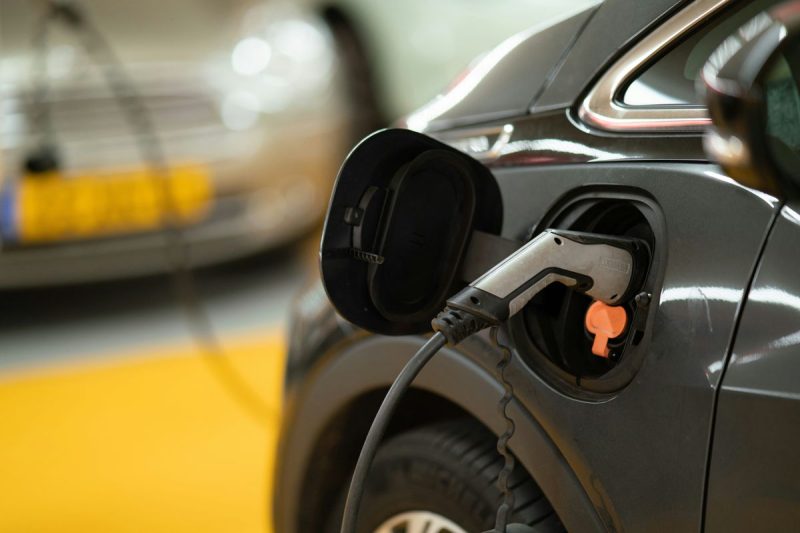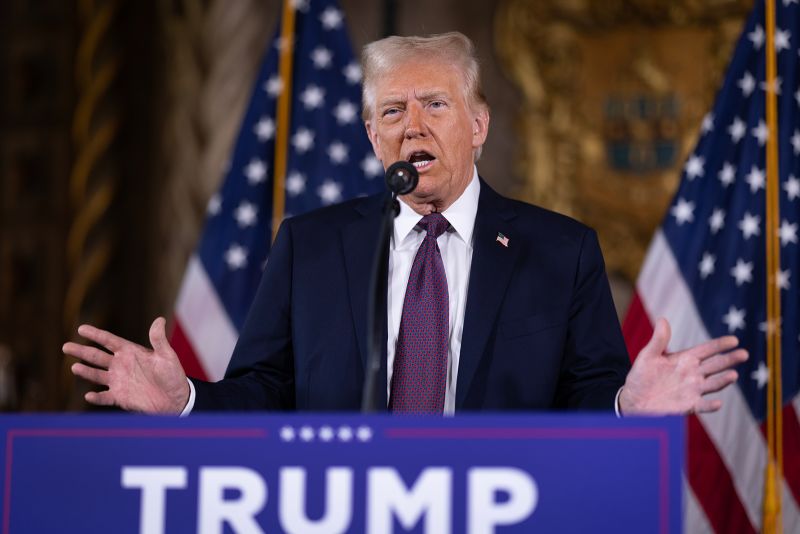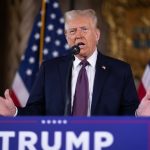South Africa Courts EV Makers, China Proposes EV Tech Controls
January 7, 2025
South Africa’s introduction of a tax incentive aimed at attracting electric vehicle (EV) and hydrogen-powered vehicle production has positioned the country as a potential hub for Chinese automakers.
President Cyril Ramaphosa signed the tax amendment into law on December 24, allowing a 150 percent tax deduction on investment in new-energy vehicle production.
The legislation is seen as a response to ongoing shifts in global automotive markets, particularly the European Union’s drive to phase out internal combustion engines.
Mikel Mabasa, CEO of the Automotive Business Council, confirmed in an interview with Bloomberg that three Chinese automakers have signed non-disclosure agreements related to potential investments.
Additionally, Chinese automakers such as private company Chery Automobile and Great Wall Motor (OTC Pink:GWLLF,HKEX:2333) have expanded their footprint in South Africa, competing against local manufacturers under companies such as Toyota Motor (NYSE:TM,TSE:7203) and Volkswagen (OTC Pink:VLKAF,FWB:VOW).
While the tax break has been welcomed by the industry, Mabasa highlighted that it comes amid mounting pressure on South Africa’s automotive sector. Export-focused manufacturers face challenges adapting to the EU’s timeline for phasing out petrol and diesel vehicles.
Major automakers, such as Ford (NYSE:F) and BMW (OTC Pink:BMWKY,ETR:BMW), currently produce or plan to manufacture hybrid vehicles in South Africa, but no plans for battery electric vehicle (BEV) production have been announced.
Stellantis (NYSE:STLA), however, indicated interest in producing electric vehicles contingent on a favorable operating environment, Bloomberg reported.
South Africa is a significant player in several metals needed for new energy vehicles. The country is the largest global producer of manganese and platinum, essential to EV battery production and hydrogen fuel cells respectively.
China considers EV battery technology export restrictions
The announcement of South Africa’s tax incentive came just over a week before China’s proposal to impose new export restrictions on EV-related technology.
Beijing’s Commerce Ministry is reviewing measures that would limit the export of battery cathode technology and techniques used in mineral extraction critical to EV production, according to CNN.
China’s proposal forms part of broader and escalating trade tensions with the United States.
In recent months, China imposed restrictions on the sale of gallium, germanium and antimony, essential materials for semiconductors and advanced technologies.
The latest proposed measures could further impact global supply chains, reinforcing China’s dominance in lithium processing and EV battery production.
“What we can tell you as a principle is that China implements fair, reasonable and non-discriminatory export control measures,” Mao Ning, spokesperson for China’s Foreign Ministry, said in a press conference on January 4.
Industry analysts suggest that the proposed curbs may serve as leverage in trade negotiations, with potential implications for Western automakers reliant on Chinese technology.
South Africa’s position as a producer of key minerals places it at the center of this evolving landscape.
The global market for lithium-ion batteries and electric vehicles is projected to grow significantly over the next decade. McKinsey forecasts sales of passenger electric vehicles to rise from 4.5 million in 2021 to 28 million in 2030.
Currently, China controls around 70 percent of global lithium processing. Industry analysts believe that further export restrictions would reinforce this position.
BYD (OTC Pink:BYDDF,HKEX:1211), one of China’s largest EV manufacturers, has accelerated its international expansion, while CATL (SZSE:300750), the world’s leading battery producer, holds approximately 40 percent of the global market share.
The South African government is expected to consult with industry stakeholders on additional measures to support the automotive transition.
Meanwhile, automakers will closely monitor developments in China’s export policy, recognizing the potential impact on global supply chains and future investments.
Securities Disclosure: I, Giann Liguid, hold no direct investment interest in any company mentioned in this article.









